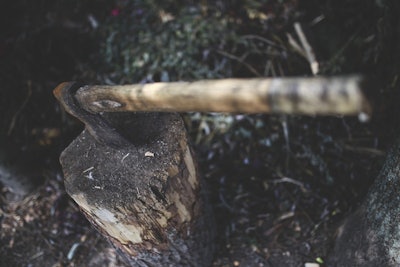
The fires of the Brazilian Amazon rainforest have caused stupor, anger and amazement in the world arena. Without a doubt, it is a problem of universal magnitude. But before blaming the production of livestock — and chickens — let's review some numbers.
First of all, the Brazilian Association of Animal Protein (ABPA), which brings together poultry and swine producers, supports the actions against fires. The ABPA considers that the fires are caused by criminals without respecting the Brazilian laws. According to the association's data, 66.3% of the Brazilian territory corresponds to preserved areas. Only 13.9% are planted grasslands, 8% native grasslands and 9% crops (a total of 30.2% corresponding to productive areas in rural properties). The remaining 3.5% is from urban areas, infrastructure and others.
Here's another interesting fact: when a private person buys land, he/she can only use 20% of it and the remaining 80% must be left as a conservation area. In the case of poultry production, this serves as a biosecurity area.
In addition to these data, Brazilian poultry production is developed in the south of the country, far from the Amazon biome. And not only the poultry industry, but also the swine industry, as well as corn and soybean production. This concentration occurs in the states of Paraná, Santa Catarina, Rio Grande do Sul and São Paulo. There is no Amazon rainforest there.
There are several reasons for being in the south, such as the availability of grains and oilseeds: the good weather and the relative proximity to ports for exports. Also, let’s not forget the high productive efficiency of corn and soybeans, in areas relatively smaller than those of a few years ago, as well as the high efficiency of poultry production. It is not by chance, nor do they need to deforest the Amazon.
Brazil is focused on producing food, not only for its national consumption, but also for exports. For example, 70% of the chicken produced stays in the country.
I quote here some reflections of the ABPA that I liked: “When consuming eggs and chicken, remember that there is a lot of science, care and dedication behind all that. In the end, is there any more noble mission than multiplying food?”
What do you think?














